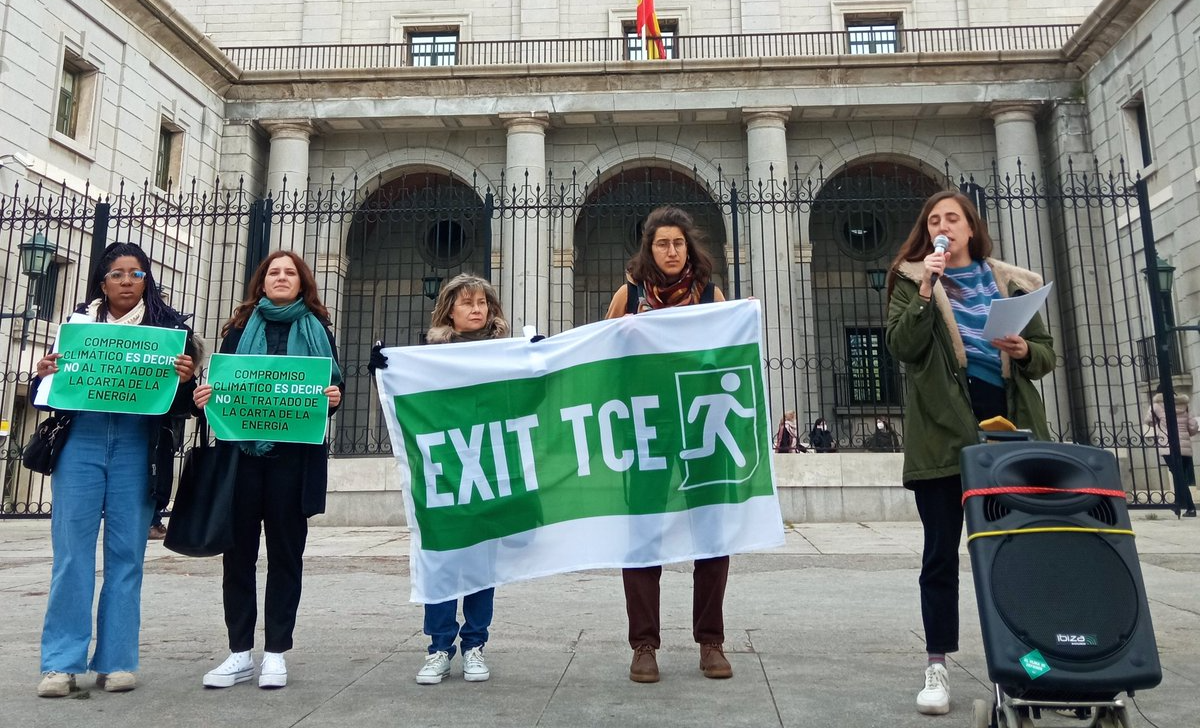Climate change expert report warns that ISDS can block climate action
All the versions of this article: [English] [Español]
AFTINET | 6 April 2022
Climate change expert report warns that ISDS can block climate action
April 6, 2022: For the first time, the Intergovernmental Panel on Climate Change (IPCC) has warned that climate action is being jeopardised by trade agreements which give global corporations the right to sue governments through clauses known as ‘Investor State Dispute Settlement’ mechanisms, or ISDS.
In its Sixth Assessment Report on the impacts of climate change, the IPCC warned that ISDS can "be used by fossil-fuel companies to block national legislation aimed at phasing out the use of their assets.”
The report indicates that the problem is not isolated to one specific agreement or institution, but that a network of bilateral trade and investment treaties function to protect fossil fuel interests:
“A large number of bilateral and multilateral agreements, including the 1994 Energy Charter Treaty, include provisions for using a system of investor-state dispute settlement (ISDS) designed to protect the interests of investors in energy projects from national policies that could lead their assets to be stranded.”
The report says that while free trade agreements (FTAs) could potentially aid a transition to low-carbon economies, current rules are impeding and discouraging ambitious action:
“Investment agreements, which are often integrated in FTAs, seek to encourage the flow of foreign investment through investment protection. While international investment agreements hold potential to increase low-carbon investment in host countries, these agreements have tended to protect investor rights, constraining the latitude of host countries in adopting environmental policies.”
“Moreover, international investment agreements may lead to ‘regulatory chill’, which may lead to countries refraining from or delaying the adoption of mitigation policies, such as phasing out fossil fuels. More contemporary investment agreements seek to better balance the rights and obligations of investors and host countries, and in theory offer greater regulatory space to host countries, although it is unclear to what extent this will hold true in practice.”
To read the full IPCC report, click here.






